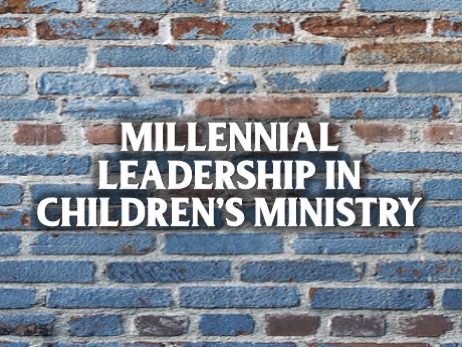Everyone (including myself) has been talking about Gen Alpha. Rightly so, for they are the current generation we are trying to reach.
But we should also be looking ahead at the next generation that is coming on the scene.
That generation is Gen Beta. They are kids who will be born this year (2025) through the year 2039.
Let's examine this generation and some of the unique characteristics we need to know in order to effectively connect with them and share the Gospel with them.
Gen Beta are the children of Young Millennials and Gen Z. They will be raised by parents who have experienced economic challenges and social issues. Gen Beta children are likely to be raised with a strong sense of global awareness and a focus on addressing global issues like climate change and social inequality.
While technology will be a
natural part of Gen Beta's lives, their parents will likely strive to balance
screen time with outdoor activities and interpersonal interactions,
recognizing the potential pitfalls of excessive screen time.
Most of Gen Beta will live well into the 22nd century. By 2035, they will make up 16% of the global population.
Gen Beta will be shaped by a tech-saturated world. While Gen Alpha has experienced the rise of smart technology and artificial intelligence, Gen Beta will live with these things fully embedded into their everyday life. They will grow up in an era characterized by rapid technological progress. Gen Beta will not only adapt to technologies, but will immerse themselves in them from the outset.
Gen Beta is predicted to never use checks or plastic credit cards, with their currency being entirely digital. How they acquire, move, and spend their money will affect the global economy.
Gen Beta will pursue more than 3 career paths and will hold at least 10 jobs in their lifetime. 86% of researchers believe Gen Beta will hold jobs that haven’t even been invented yet.
An urban generation. Gen Beta is on track to become the most urban generation ever. While only half of Gen Beta babies are born in cities today, by 2040 58% of Gen Beta will live in cities, surpassing Gen Alpha’s 53% and Gen Z’s 45% at comparable ages.
Digital toys. Gen Beta will grow up with online gaming and electronics rather than toys. World Data Lab projects that Gen Beta will spend $113 billion on consumer electronics by 2035.
Gen Beta will live longer than previous generations. Half of the people surveyed believe cancer will be cured by Gen Beta. 71% predict that Gen Beta will have access to individualized healthcare, based on their DNA. 59% believe that AI will be able to predict and prevent health care issues before symptoms even appear.
They will have constant connectivity. They'll build friendships, learn and work in a space where digital interaction is the norm.
As we navigate ministering to Gen Beta, we will need to learn their needs and show them the love of Christ in our words and actions.
Get ready. They are coming and we must be prepared.



























